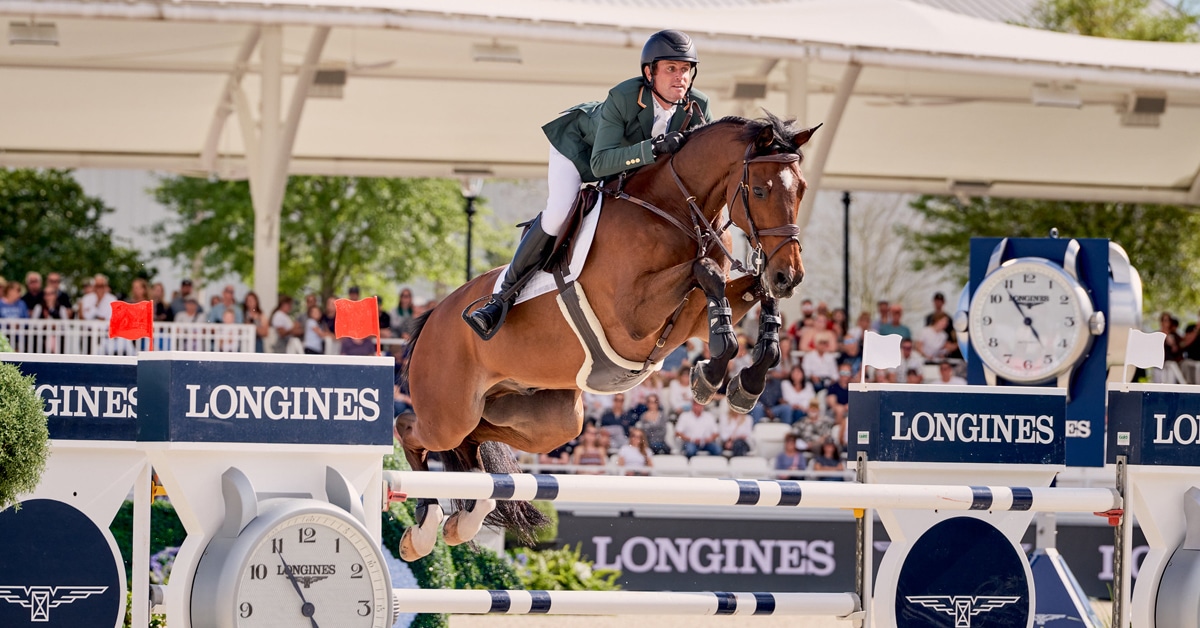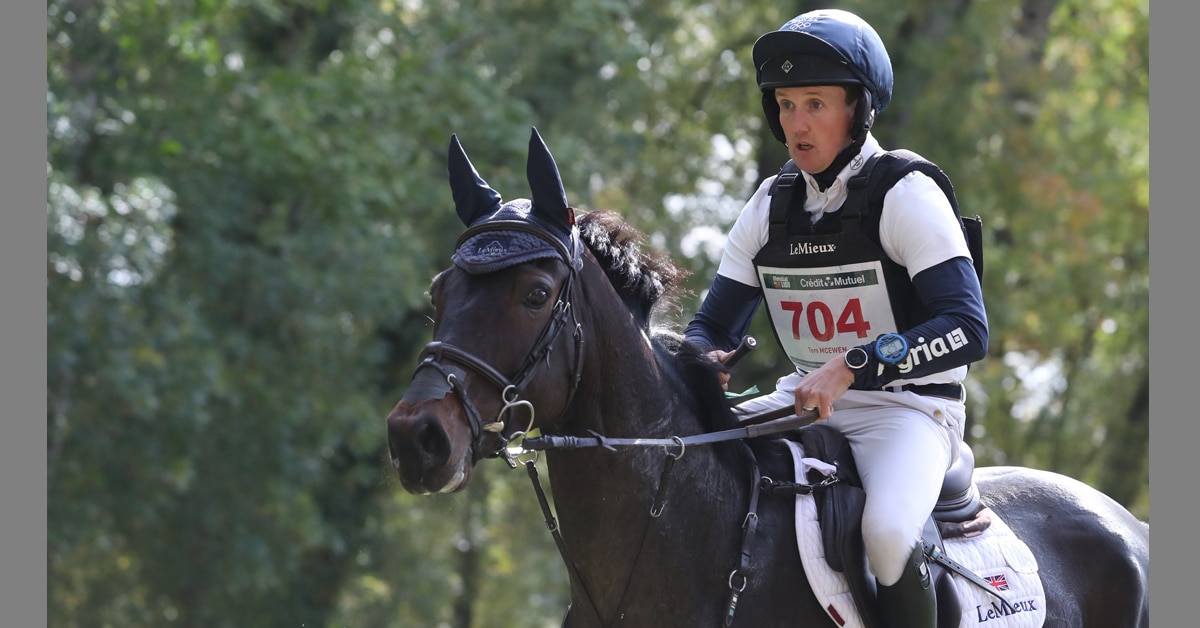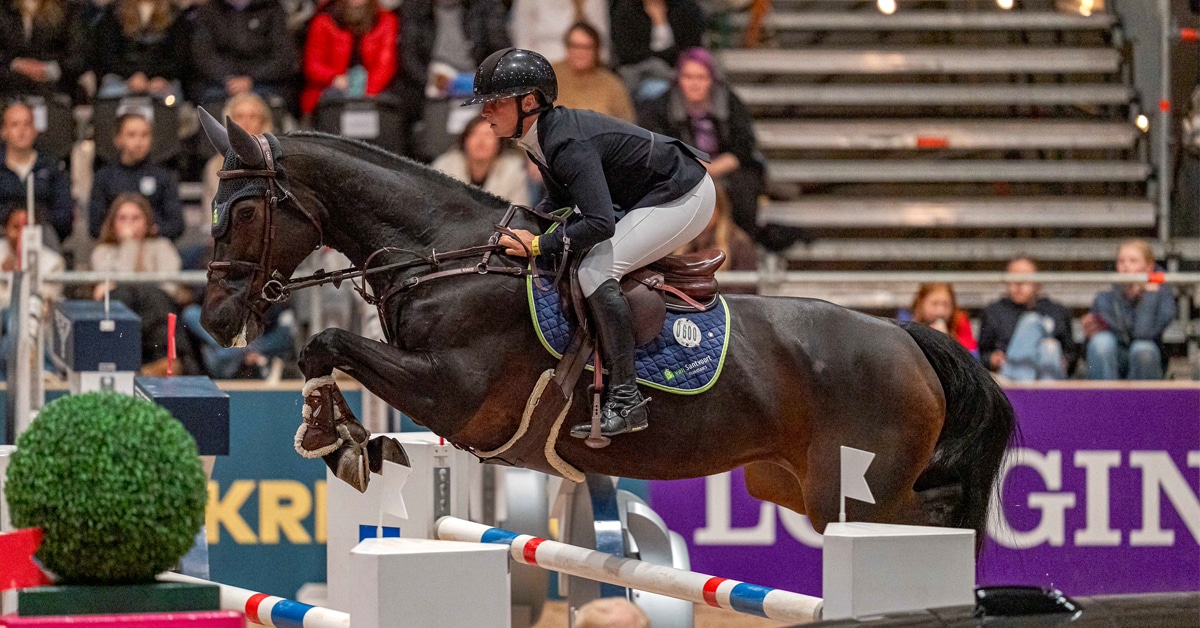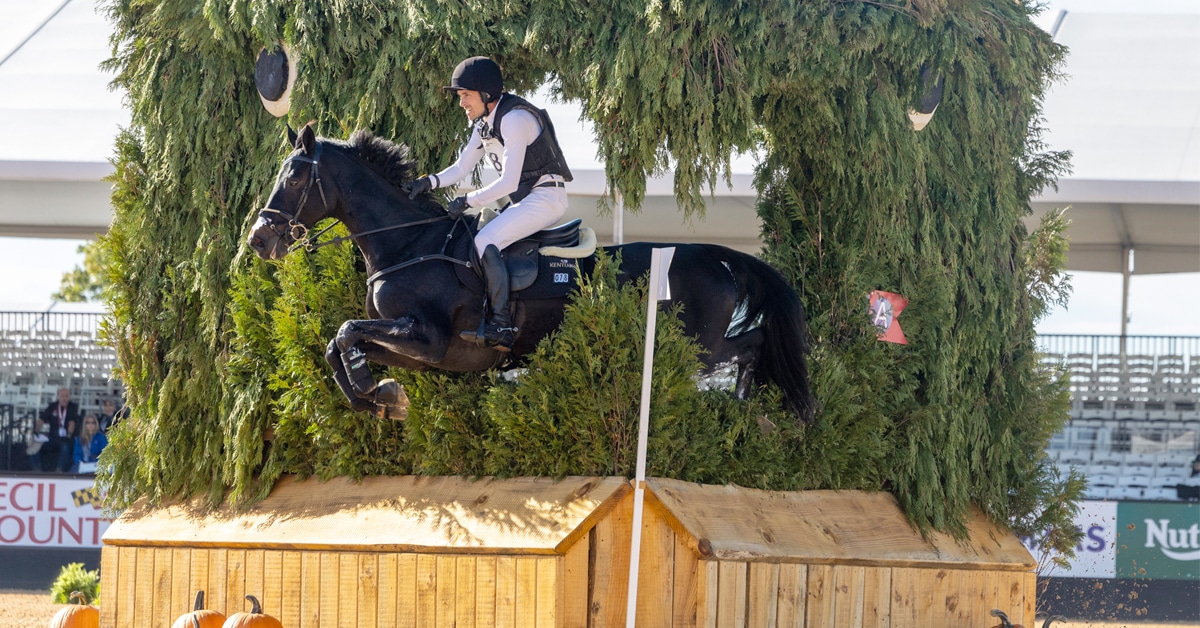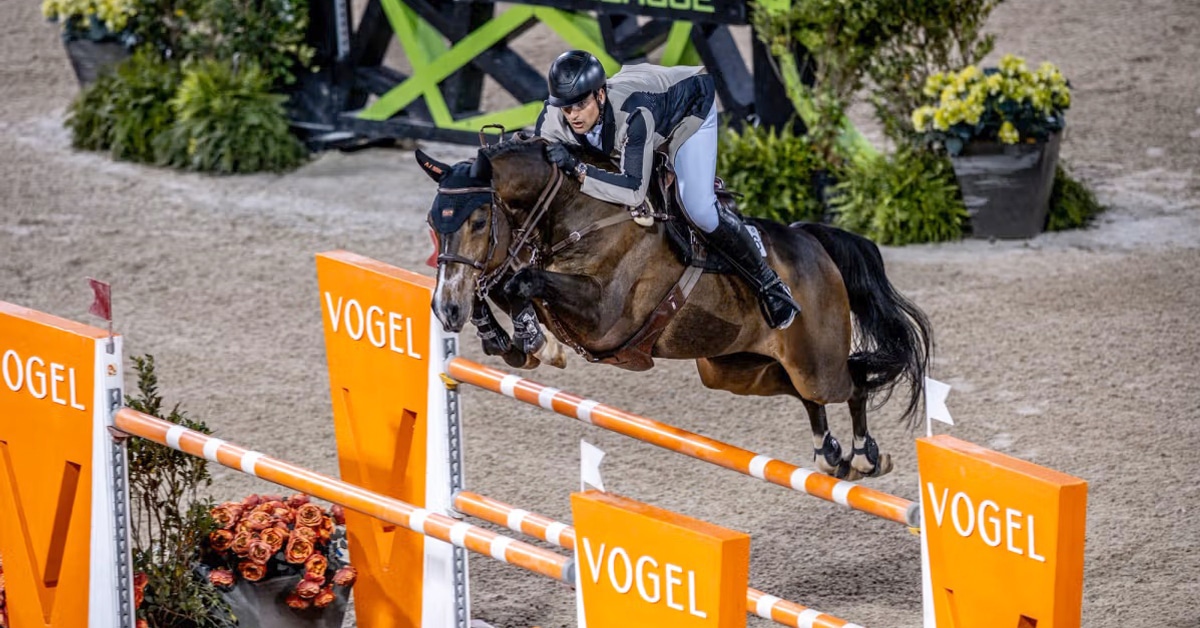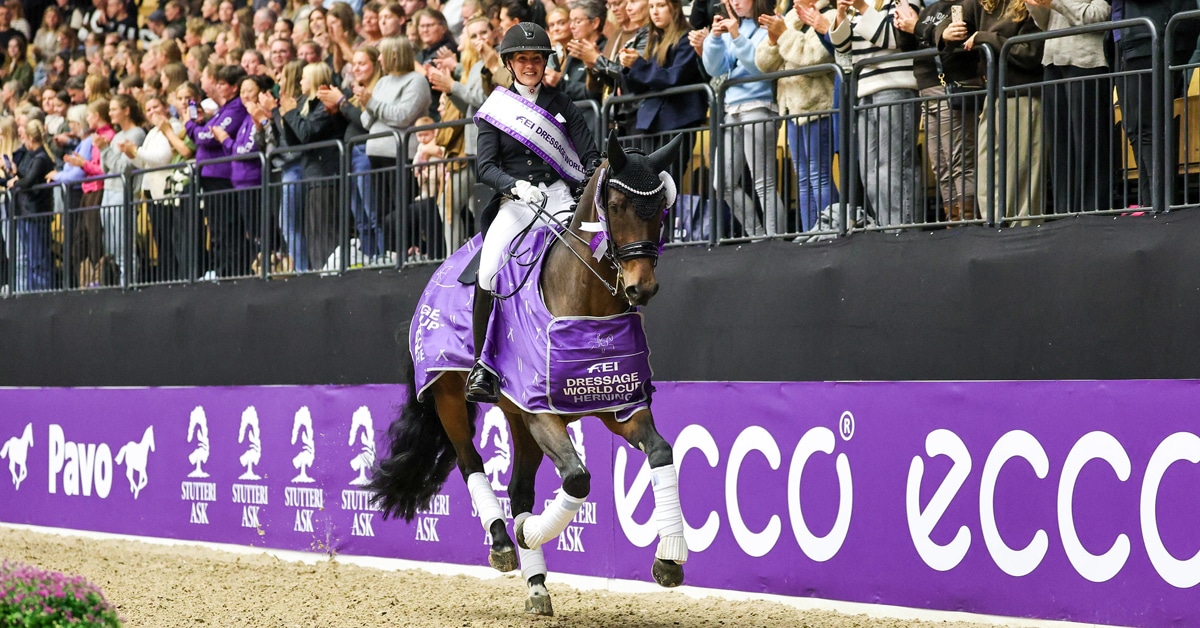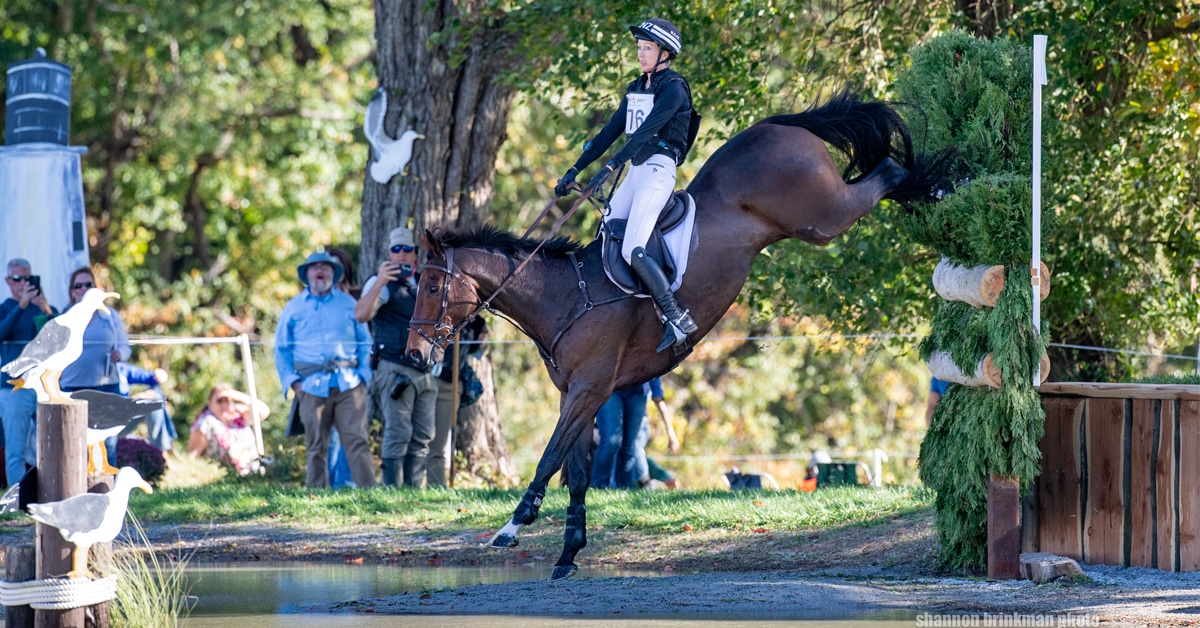Endurance racing in the Middle East is sacrificing Arabian horses “on the altar of sport” and the FEI must take “firm and prompt action to definitely prevent another dismal catalogue of catastrophic injuries” next season.
Those are the views of Peter Pond, president of the World Arabian Horse Organisation (WAHO), who has written a forthright letter to FEI president Ingmar de Vos about the ongoing welfare crisis in the Middle East and the UAE in particular.
The WAHO executive resolved to approach the FEI during its annual conference in Bahrain in February, which was attended by delegates from 34 of WAHO’s 65 member countries. There Mr Pond gave an address underlining that the executive committee was “extremely disturbed by the chain of events” and that the “rate of attrition is serious abuse of all the horses taking part.” At that stage, there had been 11 reported deaths in the UAE national and international sport since the turn of the year.
He added: “Arabian horses have tremendous heart, tremendous courage and tremendous bravery, which is why they are the chosen breed for endurance. To stay silent and effectively abandon them to the fate would be to go against our core values and objectives.”
The correspondence took place in April. A WAHO spokesman told Horse-Canada.com they recently decided to publish it openly. Members have been urged to write to their national federations and to the FEI.
In his letter, Mr Pond – who runs the Forest Hill stud in New South Wales, Australia – acknowledged the FEI’s efforts so far to reduce cheating, doping and fatal injuries, but said they do not go far enough. In particular he queried why the Boudhieb Initiative pioneered by HH Sheikh Sultan in Abu Dhabi has not been adopted or even enforced elsewhere by the FEI.
“It is WAHO’s view that radical steps such as these [Boudhieb] are urgently required at other endurance venues in rides run under both national and international rules.
“This, together with an overhaul of the current rules and in particular reducing the permitted speed, would return endurance competition to its true origins – a sport which has the respectful partnership between horse and rider at its heart, with a high percentage of completion rates by horses that are sound, unharmed and fully fit to continue.”
He also recommended dope testing be carried out before each ride rather than after.
In his reply, Mr De Vos set out the measures put in place by the FEI and other upcoming rule revisions and educational projects. He praised Boudhieb as an “exemplary role model” though also pointed out that speed – which is capped under Boudhieb’s in-house rules – is not the sole contributor to injuries, as had been “scientifically proven.”
He also noted a “clear” change in “mentality” by participants and officials in the UAE, and a good working relationship with the UAE equestrian federation which, following a recent change of personnel, has been significantly more cooperative and is also imposing sanctions itself on offenders as well as more judiciously applying FEI rules. Mr De Vos insists there have been “no more catastrophic injuries recorded at international events” since February.
More News

